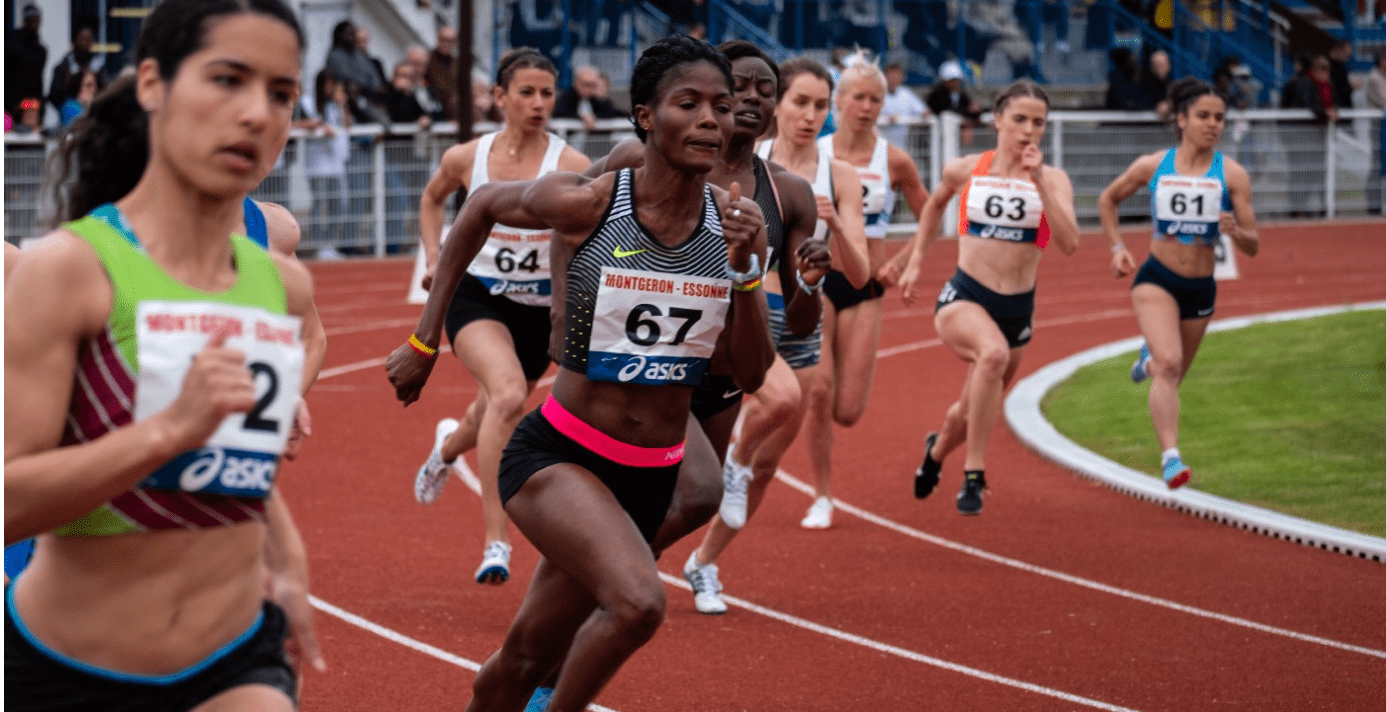This summer, Valarie Allman -an Olympic discus gold medalist-made headlines after sharing the affirmations she recited prior to her gold-medal-winning throw:
“I am capable of winning. I deserve to win. I will win.”
For many years professional athletes and high performing individuals have shared that they use affirmations to help them achieve peak performance. This has left many asking how this works, and why it works.
One connection between performance and affirmations came in 1988 when the psychologist Claude Steele proposed Self-affirmation theory. The idea behind this theory is that the more self-assured and secure you are in regards to your self-perceptions, the less defensive and stressed your response will be to incoming threats about your identity.
For example, if you know deep down that you are a talented athlete, you are less likely to take to heart any degrading or unkind remarks about your performance. If you are less confident in your self-perception, however, you are at higher risk of reacting to the threat with defensiveness and anxiety.
This theory emphasizes the importance of self-image, and highlights an important benefit to be gained through the use of positive affirmations. Affirmations are positive self-statements that, when practiced regularly, help someone retrain their mind to be more self-assured in specific areas of their life.
Athletes commonly preserve their self-image by using self-handicapping excuses as a defense for failure.
Self-handicapping happens when athletes attribute positive outcomes to choices they made while attributing negative outcomes to outside circumstances (like the weather or knee pain). This is effective to prevent quitting, but in the long run creates limiting beliefs and a lack of personal responsibility for athletic mistakes.
One study done by Lucie Finez at the University of Burgundy demonstrated the benefit affirmations had on athlete’s limiting beliefs. They found that the group that participated in positive self-affirmations experiences less self-handicapping when attributing responsibility for successes and failures.
The athletes who felt more confident in their athletic ability through the use of affirmations were less likely to view a failure as a threat and therefore more likely to take constructive lessons from mistakes made.
Affirmations have also been shown to decrease stress, which is a valuable benefit to athletes. Adrenaline is beneficial in moderation, but anxiety before a competition can have negative impacts on sleep, training, and overall performance. By using positive affirmations, athletes are able to give themselves self-assurance about their abilities and give themselves permission to perform at the peak of their abilities.
Overall, many athletes have turned to positive self-affirmations as a way to retrain the way they respond to their own fears, perceptions of failure, and potential threats. Affirmations work well to decrease stress and give athletes the needed confidence they need to perform their very best.
How to Practice Athletic Affirmations
If you are interested in using positive affirmations to enhance your athletic training and performance, Selfpause is an app that has a variety of athletic affirmations ranging from marathon training to lacrosse playing. Give it a try today!


